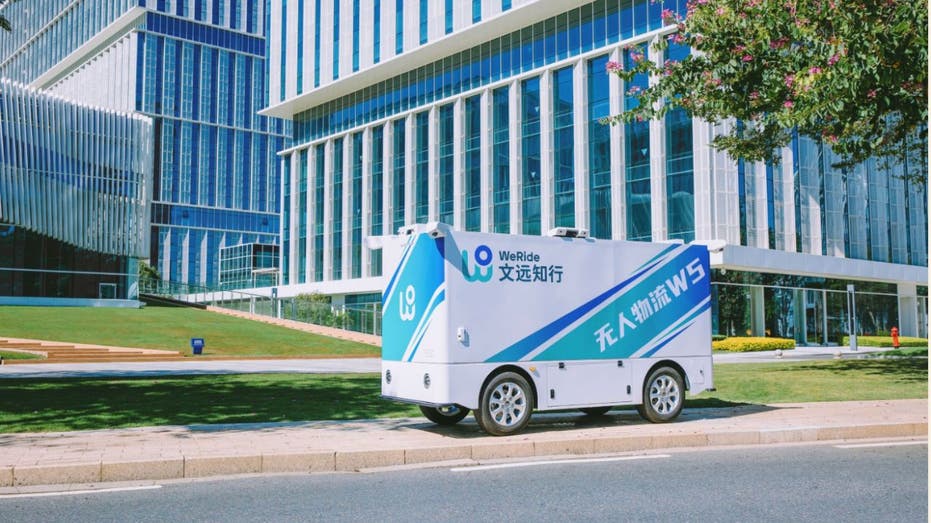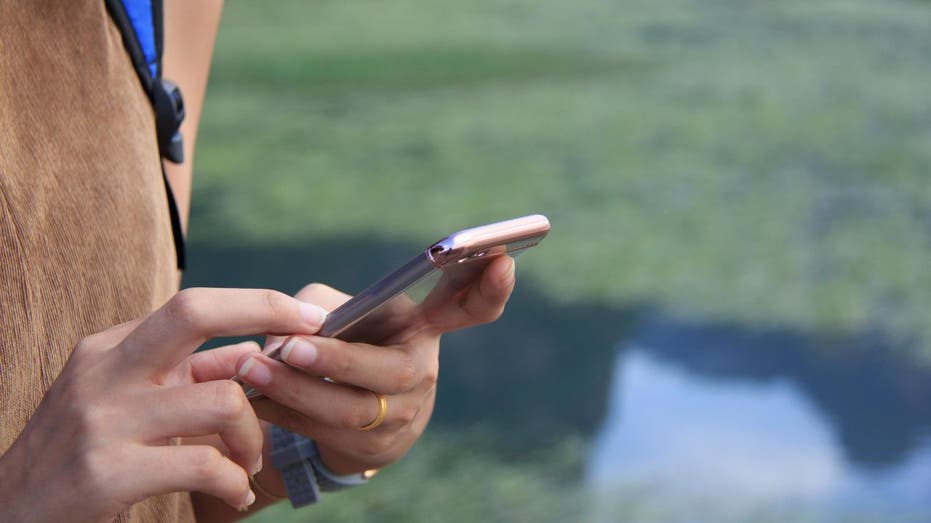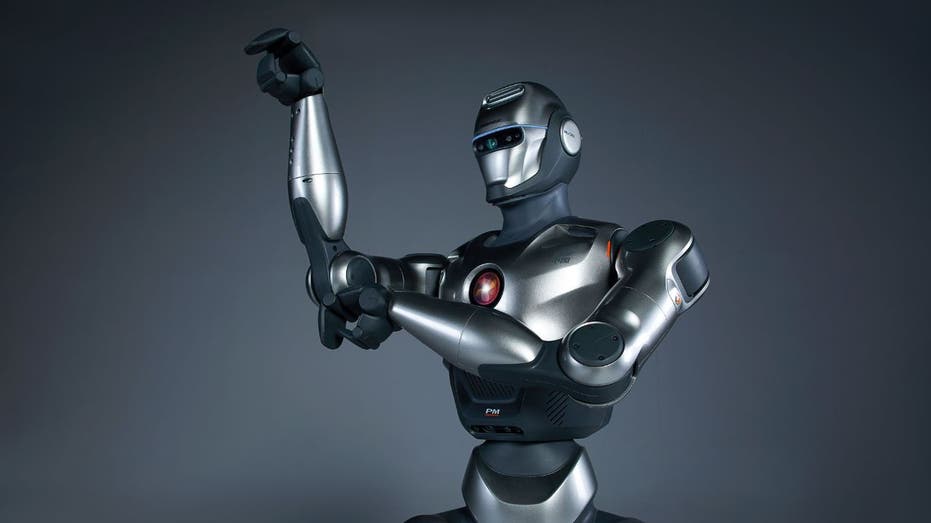- by foxnews
- 10 Mar 2025
Tesla recalls 54,000 vehicles with ‘Full Self-Driving’ over ‘rolling stop’ feature
Tesla recalls 54,000 vehicles with ‘Full Self-Driving’ over ‘rolling stop’ feature
- by theguardian
- 02 Feb 2022
- in technology

Tesla is recalling nearly 54,000 cars and SUVs because their "Full Self-Driving" software lets them roll through stop signs.
Documents posted on Tuesday by US safety regulators say Tesla will disable the feature with an over-the-internet software update. The "rolling stop" feature allows vehicles to go through intersections with all-way stop signs at up to 5.6mph (9 km/h).
Tesla agreed to the recall after two meetings with the National Highway Traffic Safety Administration (NHTSA), according to documents. Tesla said it knows of no crashes or injuries caused by feature.
The recall covers Model S sedans and X SUVs from 2016 through 2022, as well as 2017 to 2022 Model 3 sedans and 2020 through 2022 Model Y SUVs.
Selected Tesla drivers are "beta testing" the "Full Self-Driving" software on public roads. The company says the cars cannot drive themselves and drivers must be ready to take action at all times. A firmware release to disable the rolling stops is expected to be sent out in early February.
A message was left seeking comment from Tesla, which has disbanded its media relations department.
The NHTSA said in documents that failing to stop for a sign can increase the risk of a crash.
Safety advocates complain that Tesla should not be allowed to test the vehicles in traffic with untrained drivers and that the software can malfunction, exposing other motorists and pedestrians to danger. Most of the other auto companies with similar software test with trained human safety drivers.
Tesla introduced the "rolling stop" feature in a software update that was sent out to the testing owners on 20 October. NHTSA met with Tesla on 10 and 19 January to discuss how the software operates, the documents said. On 20 January, the company agreed to disable the rolling stops with the software update. Owners will get required notification letters on 28 March.
The "rolling stop" feature let the Teslas go through all-way stop signs as long as the owner enabled the function. The vehicles have to be traveling below 5.6mph while approaching the intersection and no "relevant" moving cars, pedestrians or bicyclists can be detected nearby.
All roads leading to the intersection had to have speed limits of 30mph or less, the documents said. The Teslas would then be allowed to go through the intersection at 0.1mph to 5.6mph without coming to a complete stop.
Alain Kornhauser, faculty chair of autonomous vehicle engineering at Princeton University, said the recall was an example of NHTSA is doing its job as the nation's road safety watchdog.
The recall "shows that they can be effective even if Tesla should have been more responsible in the first place", he said.
In November, the NHTSA said it was looking into a complaint from a Tesla driver that the "Full Self-Driving" software caused a crash. The driver complained that the Model Y went into the wrong lane and was hit by another vehicle.
The SUV gave the driver an alert halfway through the turn, and the driver tried to turn the wheel to avoid other traffic, according to the complaint. But the car took control and "forced itself into the incorrect lane", the driver reported. No one was hurt in the 3 November crash in Brea, California, according to the complaint.
In December, Tesla agreed to update its less sophisticated "Autopilot" driver-assist system after the NHTSA opened an investigation. The company agreed to stop allowing video games to be played on center touch screens while its vehicles are moving.
The agency also is investigating why Teslas on Autopilot have repeatedly crashed into emergency vehicles parked on roadways.
- by foxnews
- descember 09, 2016
Ancient structure used for cult 'rituals' discovered by archaeologists
A Neolithic Timber Circle was discovered by archeologists in Denmark resembling the historical landmark Stonehenge in the U.K. It is open to be viewed by the public.
read more





